3rd Community Energy Conference – Business Models, Regulation, Citizen Participation
October 30 - 2025
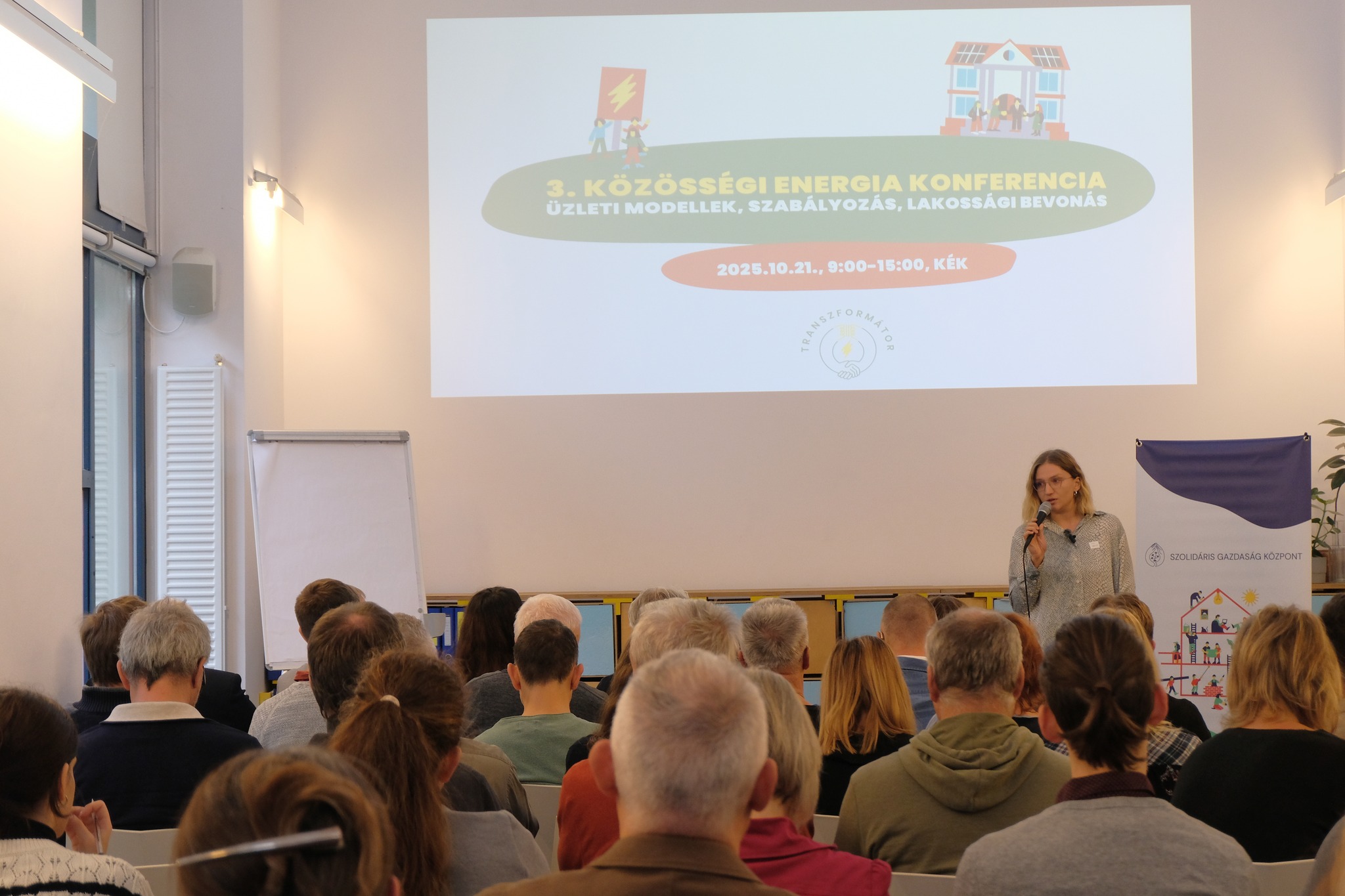
How can Hungary turn the idea of community energy into everyday practice? What models can make shared renewable production financially and socially viable? What kind of regulation supports, rather than limits, local cooperation? And how can residents, municipalities and civic organisations co-create a fair, low-carbon energy future?
These were the guiding questions of Hungary’s 3rd Community Energy Conference, organised by Transzformátor Center, the community energy incubator of the Centre for Solidarity Economy (SZGK) — Hungarian partner of Energy4All. Held on 21 October at the Contemporary Architecture Centre (KÉK) in Budapest, the event gathered policymakers, municipalities and practitioners to connect policy with practice. The morning featured expert presentations, while the afternoon focused on participatory World Café workshops.
A representative from the Ministry of Energy introduced new national regulations allowing condominiums to jointly produce and share solar electricity, marking a milestone for Hungary’s local energy movement. The session raised practical and political questions alike: how to make data sharing (15-minute metering) accessible to all users; how to combine local autonomy with universal service; and how to use EU-level reforms — such as the Energy Market Directive to be transposed by June 2025 — to expand multi-supplier access and flexibility.
From SZGK, Márton Fabók presented different business models for community energy, stressing that these are new forms of organisation and cooperation, not simply new economic activities. Anita Szőllőssy shared findings from SZGK’s research mapping Hungary’s community and municipal energy initiatives, highlighting both structural barriers and creative responses: from cooperative PV and district-heating experiments to the idea of neighbourhood “energy stewards” who coordinate local efficiency and engagement.
In the afternoon World Café discussions, participants gathered around five thematic tables — from embedding community energy in municipal strategies and clarifying legal frameworks to building public trust and citizen participation. Each table, co-led by SZGK experts and invited facilitators, turned policy debates into collaborative problem-solving. The day showed that even in a complex regulatory context, Hungary’s community energy movement is gaining momentum — powered by curiosity, cooperation and shared purpose.

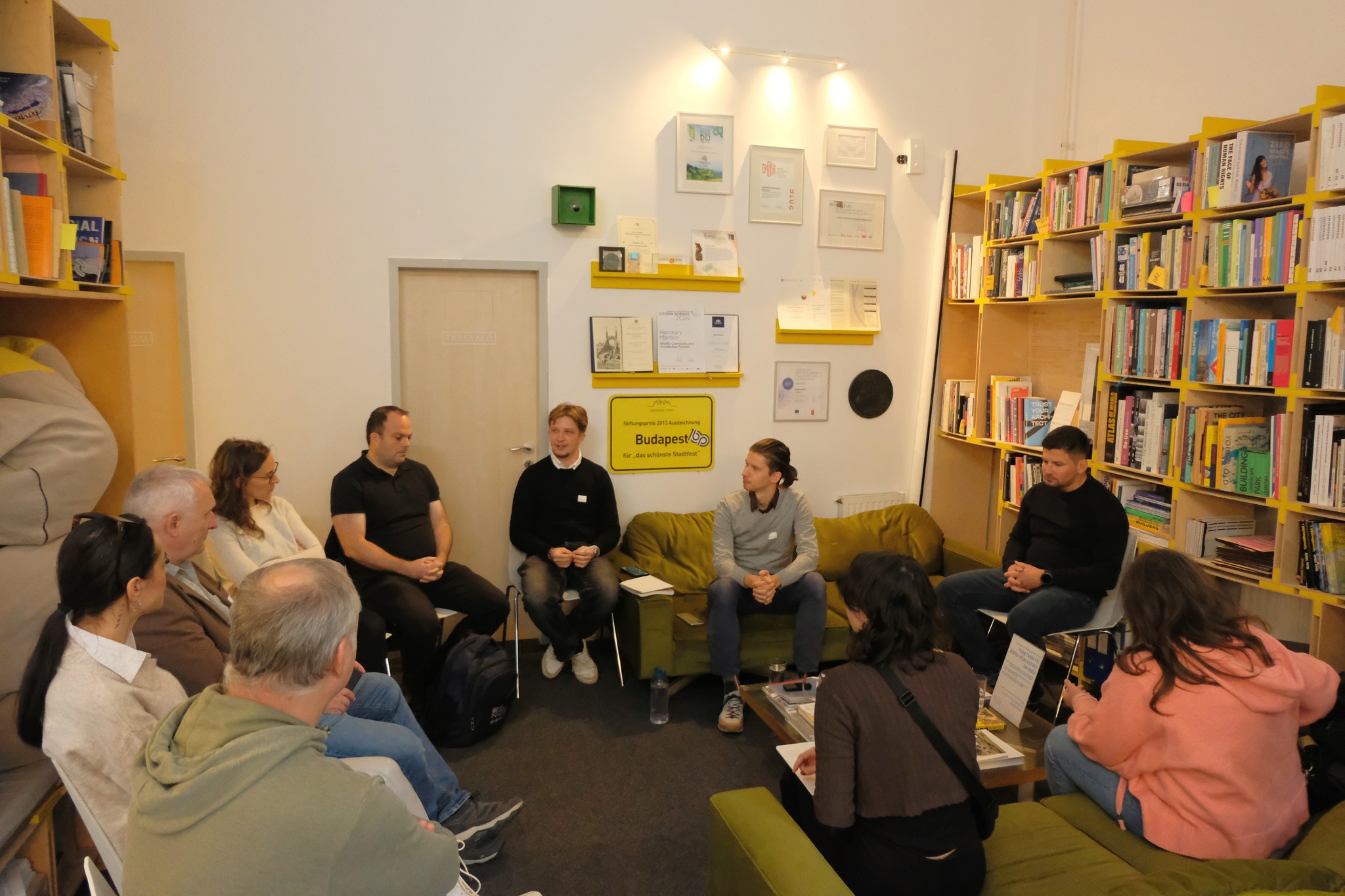
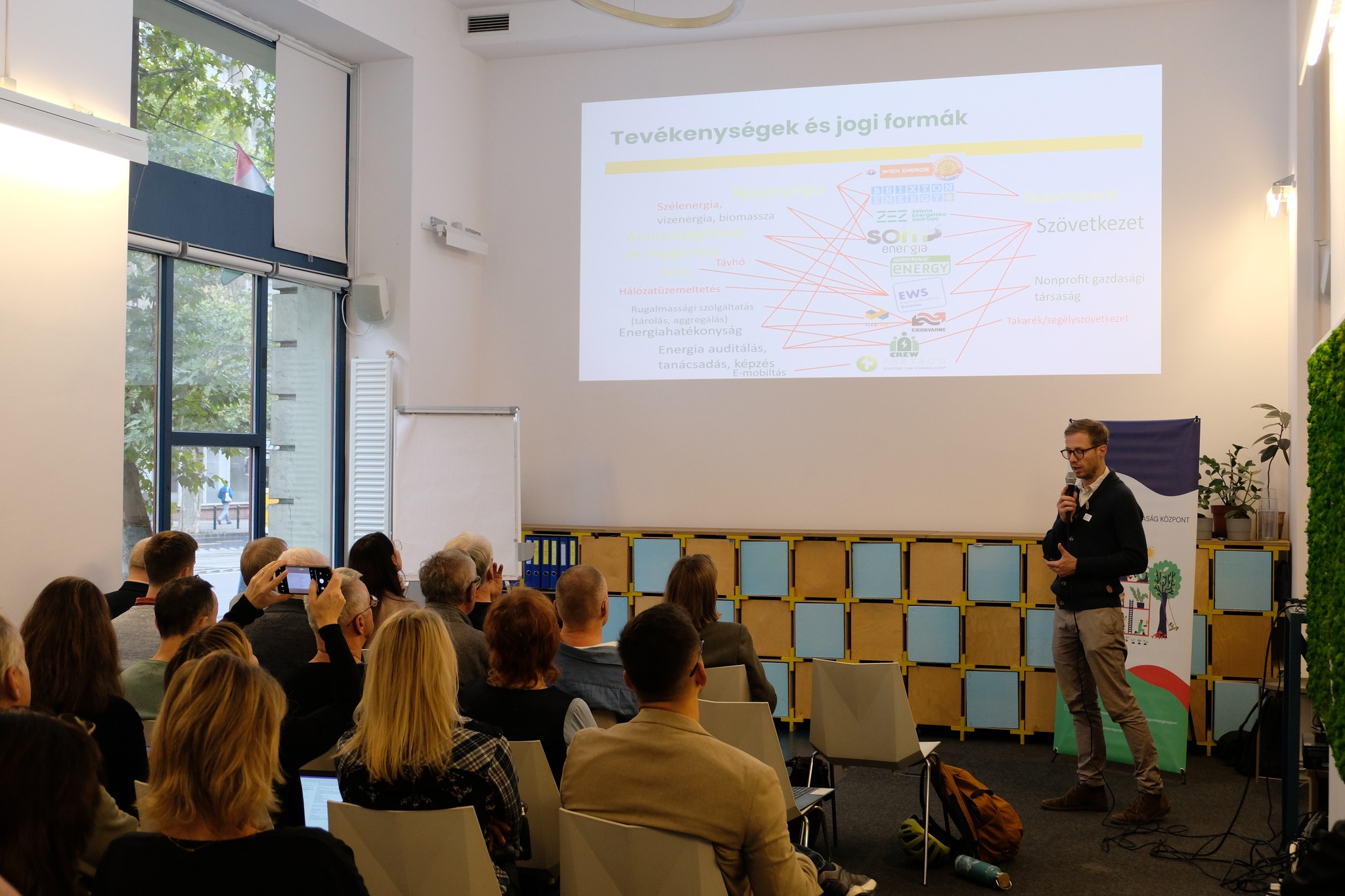
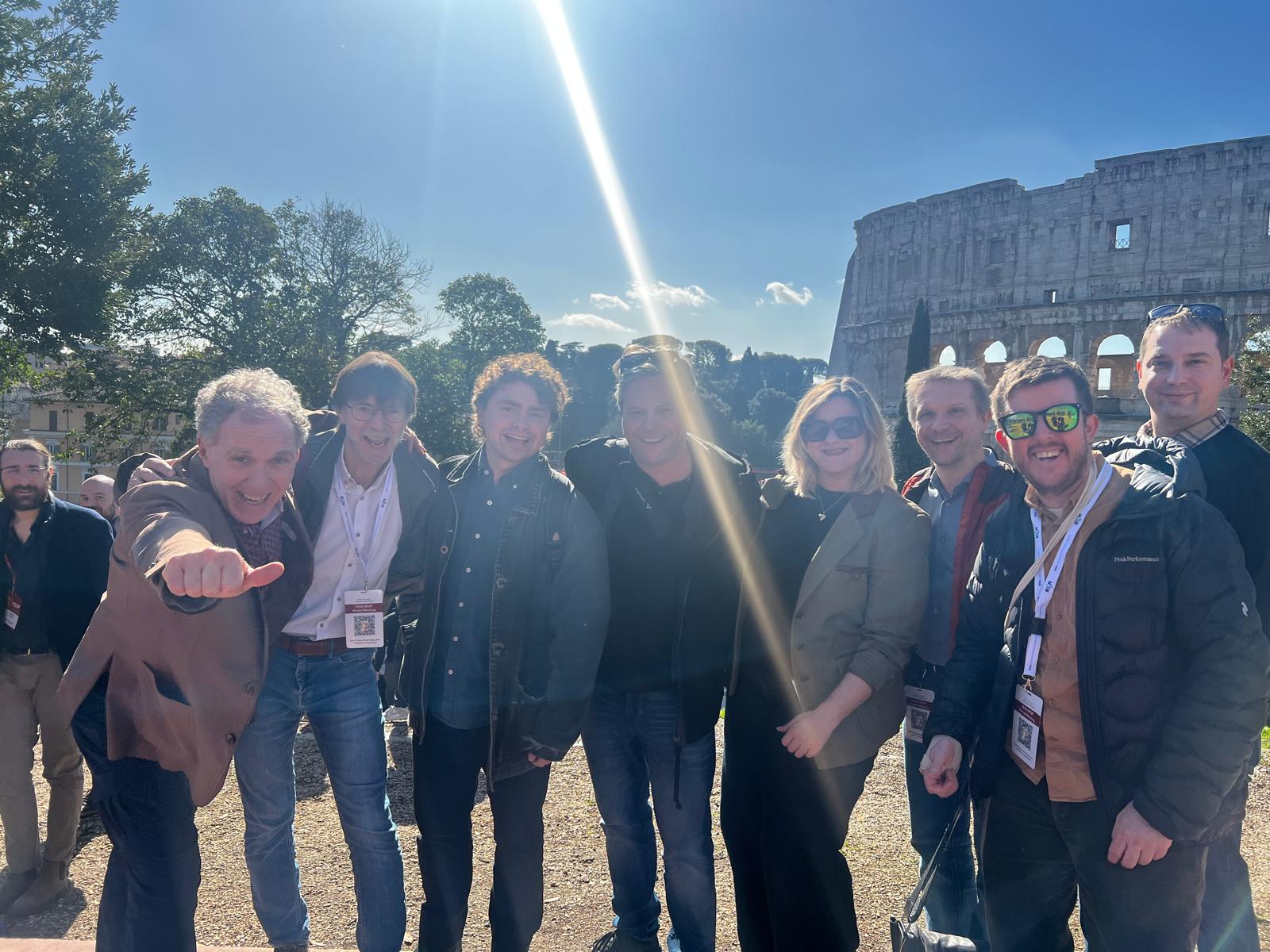
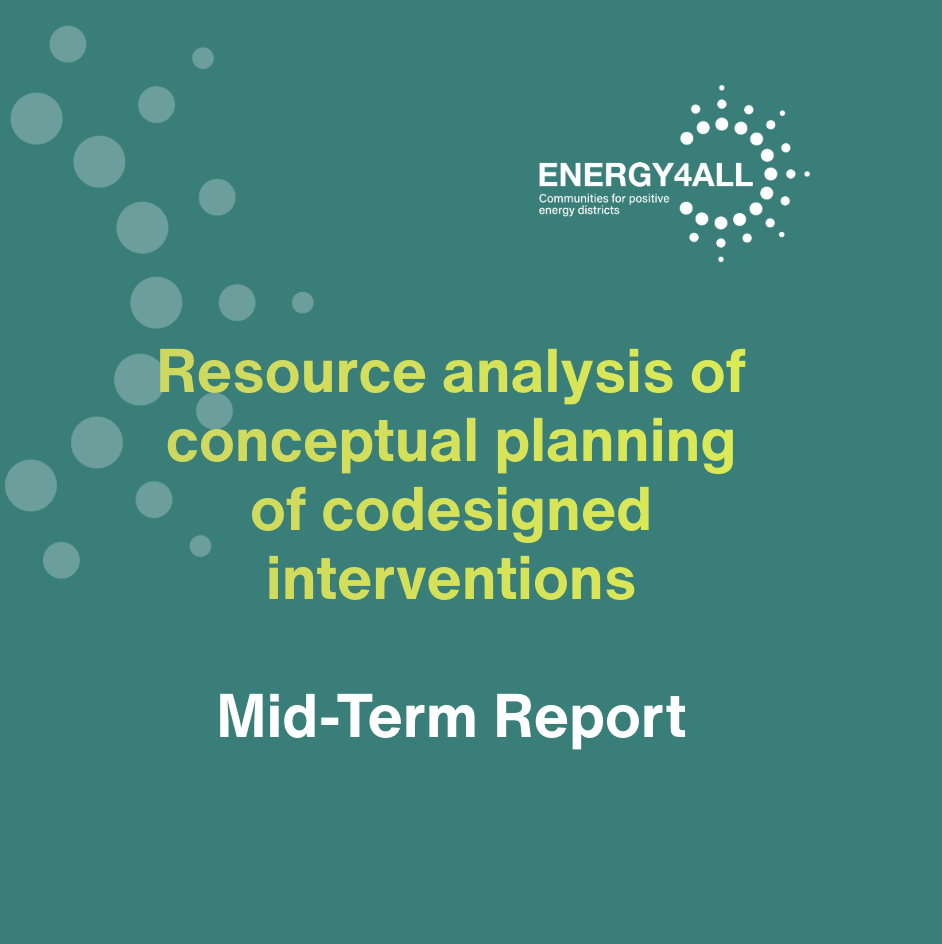
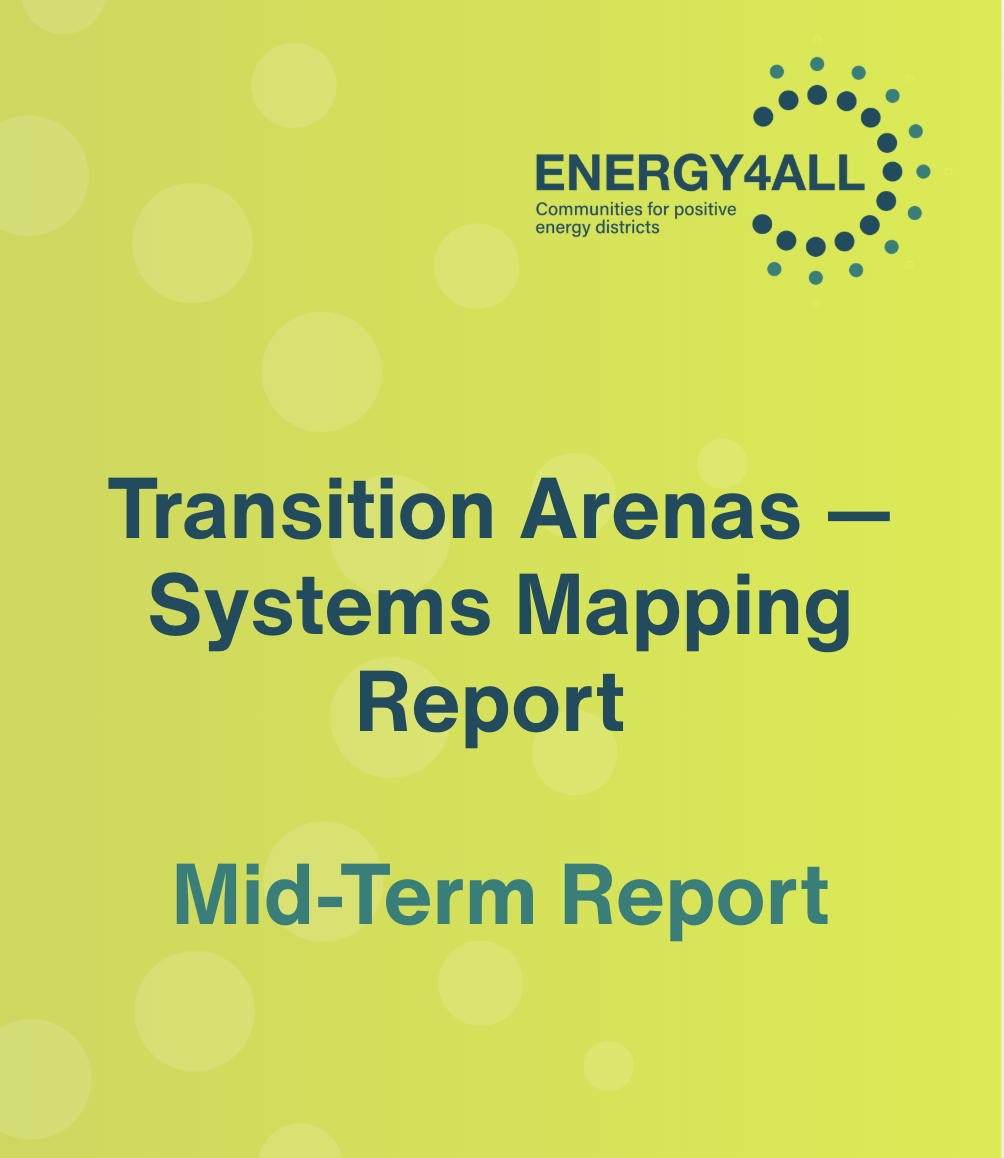
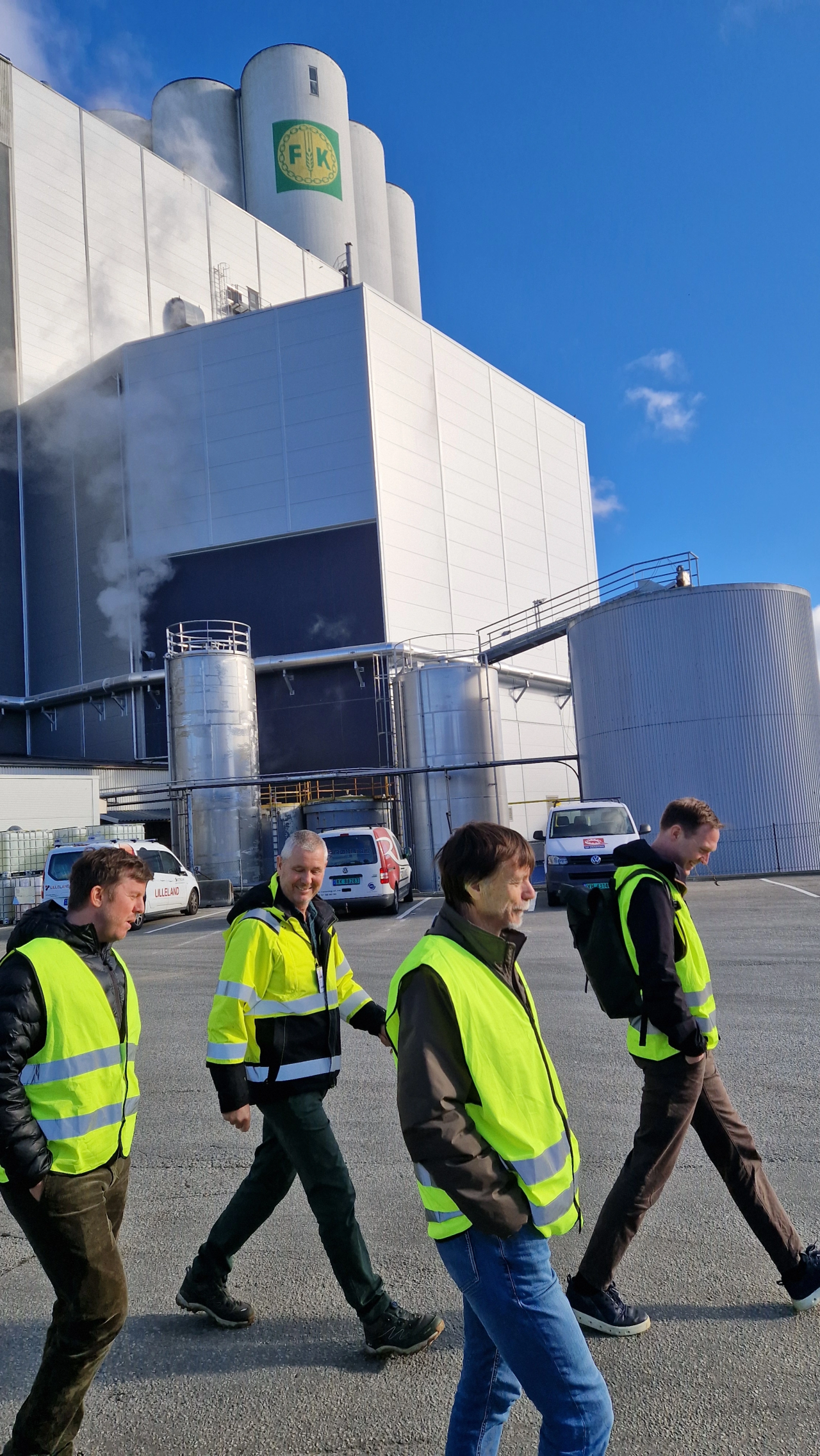
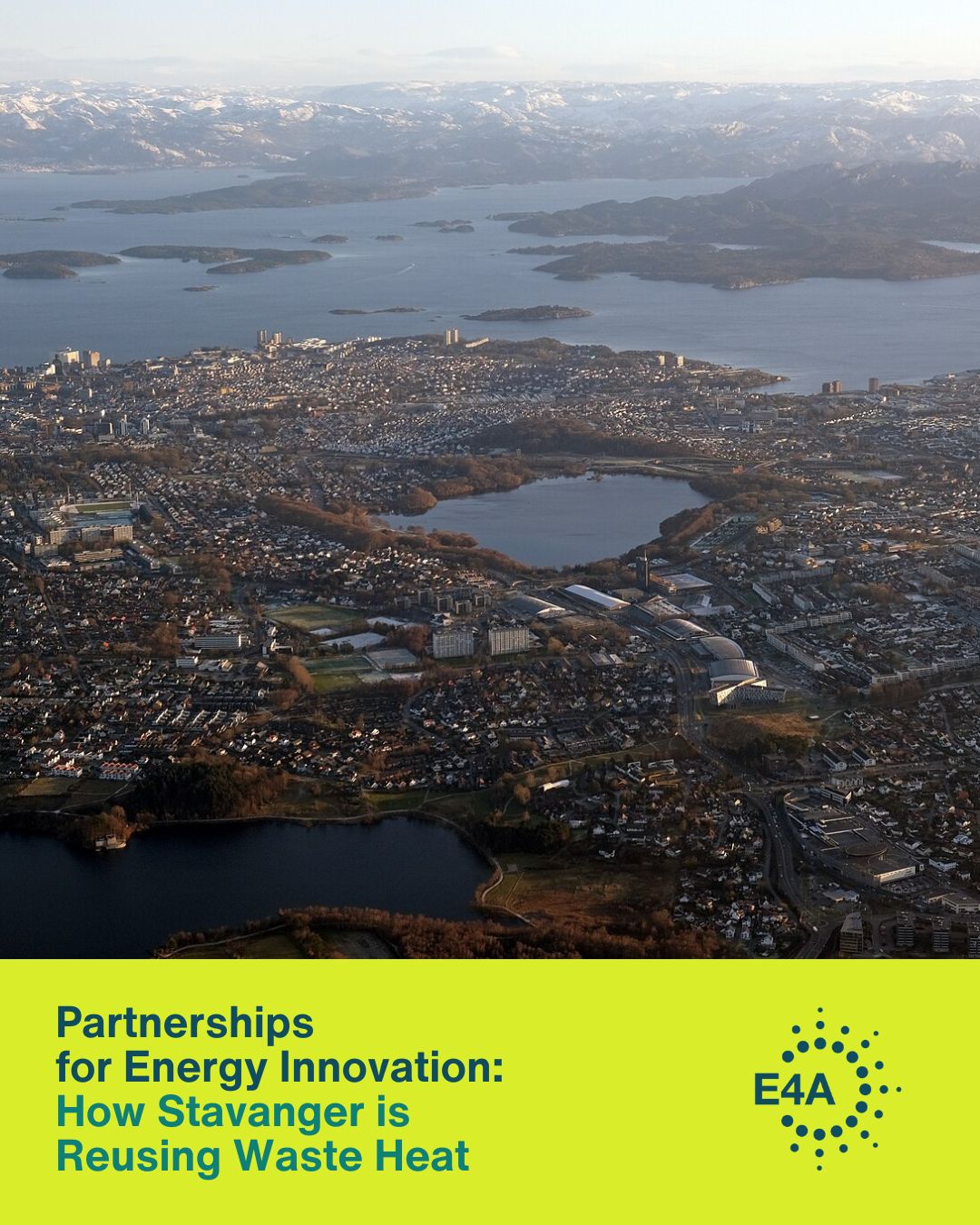




Share on